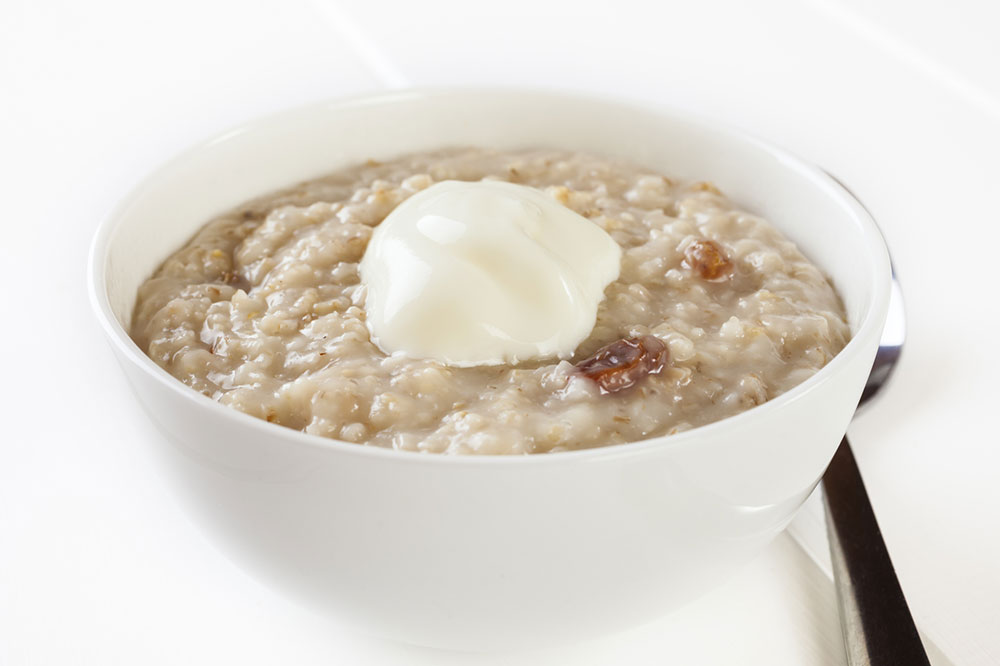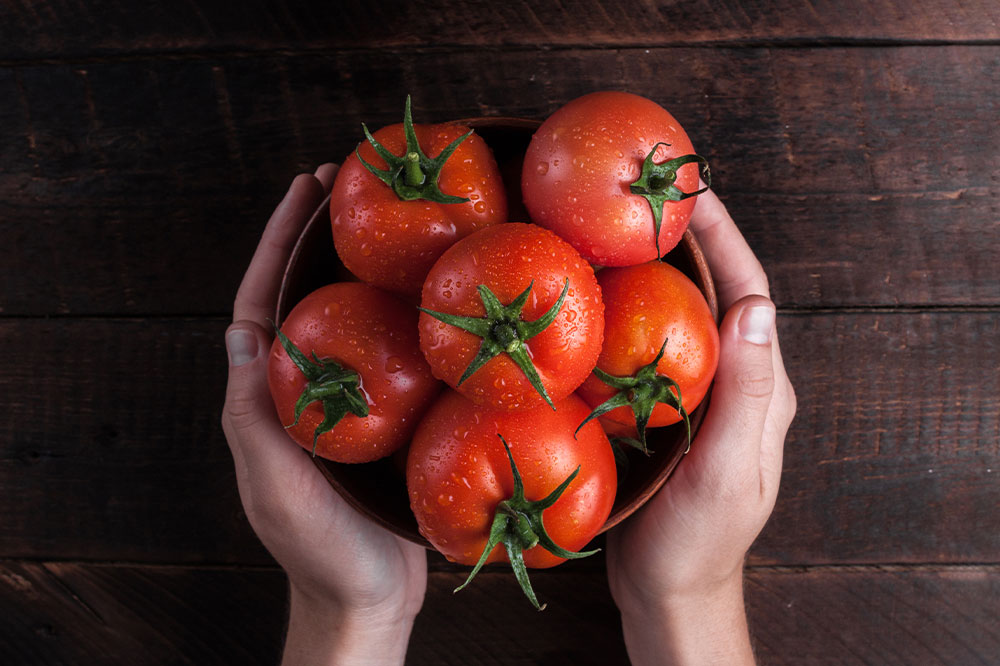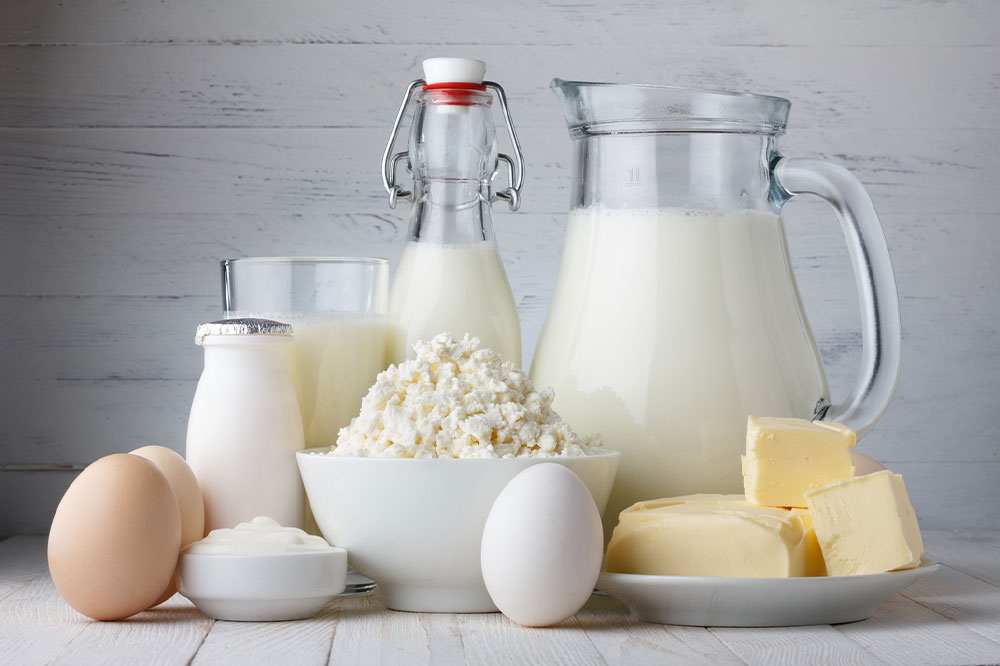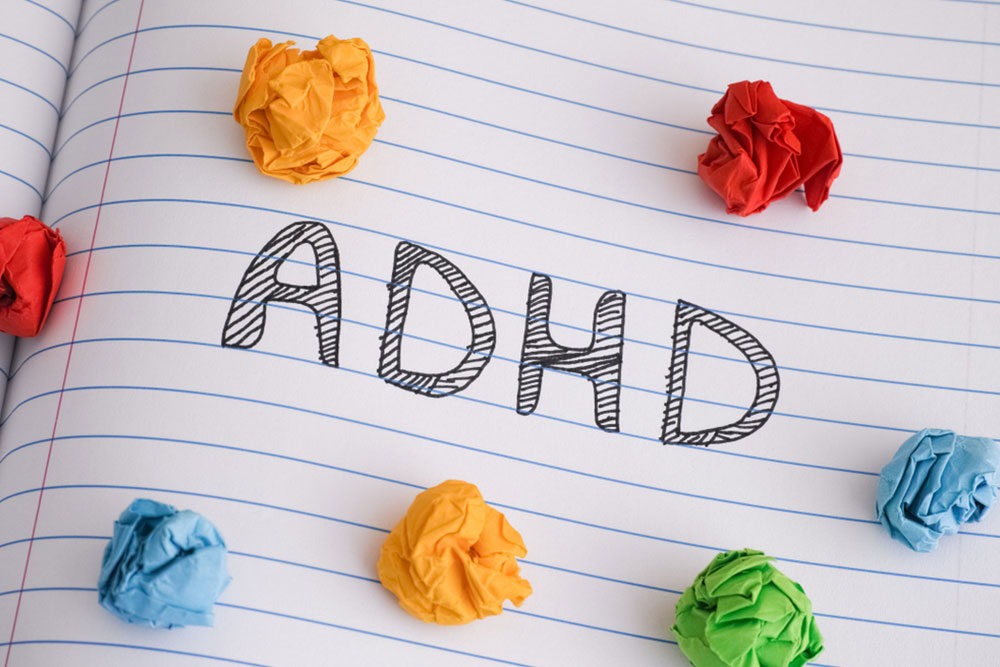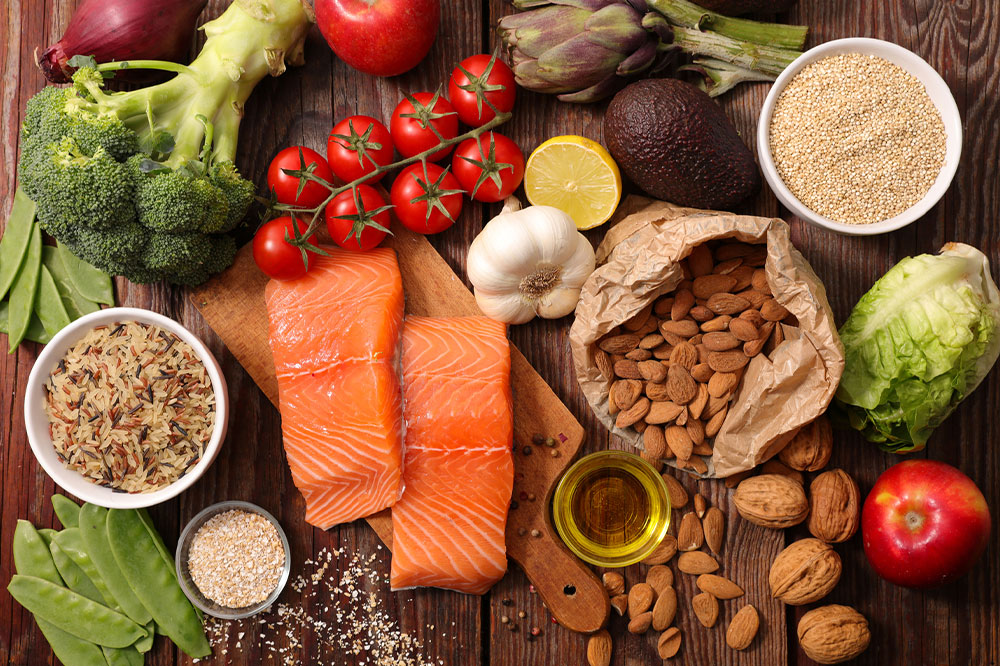Foods to Avoid for Endometrial Cancer Prevention
This article highlights key dietary risks for endometrial cancer, emphasizing foods to avoid such as dairy, processed meats, and foods high in trans and saturated fats. Managing these dietary factors can help reduce risk, especially for women in high-risk groups. Always seek expert medical advice for diagnosis and personalized health planning, but adopting a healthy diet is an important preventative step.
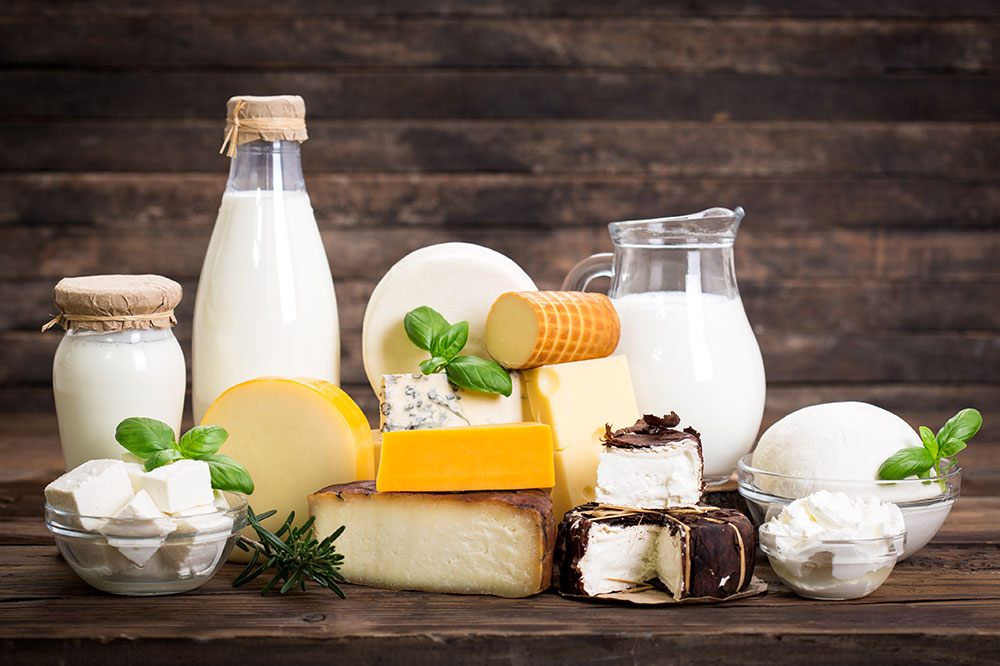
Foods to Limit or Avoid for Endometrial Cancer Risk Reduction
Endometrial cancer, a common type of uterine cancer, primarily affects women and tends to be more prevalent after menopause. Factors such as hormonal imbalance, PCOS, and obesity can increase susceptibility. Certain foods may also play a role in elevating risk.
Dairy Products - Recent studies suggest limiting dairy intake might benefit those at higher risk. Although evidence is inconclusive, high saturated fat levels in dairy could influence estrogen levels, potentially increasing cancer risk.
Unhealthy Fats - Trans fats and saturated fats, especially from hydrogenated oils common in processed foods, may raise the likelihood of endometrial cancer. Reducing intake of these fats is recommended for at-risk individuals.
Processed Meats - Deli meats such as salami, hot dogs, and pepperoni are high in unhealthy fats, sodium, and preservatives. Switching to unprocessed or fresh meats can contribute to better health and lowered cancer risk.

